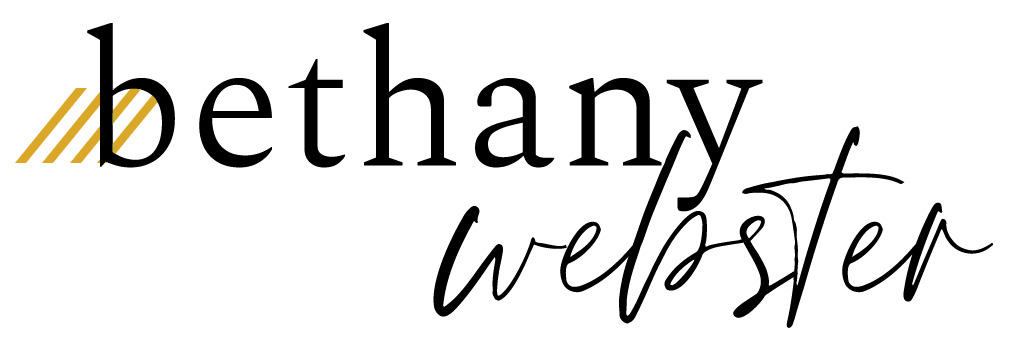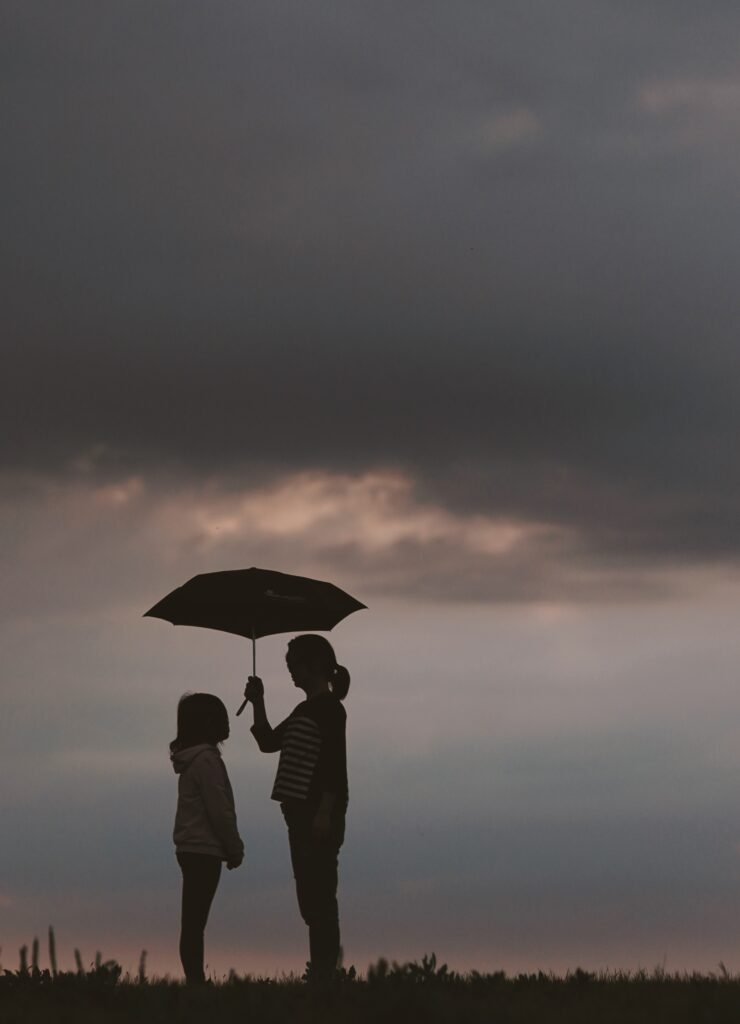Embrace Accountability For Meaningful Change

Accountability is a big word. Maybe a scary word. Yet, accountability for the behavior of others and yourself is needed for meaningful change and transformation, personally and societally. Accountability starts by acknowledging the ways you suffered as a child—and how those patterns persist in adulthood. It is a step on the path to healing your Mother Wound. Learn how to embrace accountability and why you should if you want meaningful change.
When Your Mother’s Best Wasn’t Enough
When it comes to childhood wounds, the sobering truth is that love is not enough. Love for our children is not enough to prevent us from unconsciously wounding them. And, love for our parents is not enough to make our childhood wounds go away.
“My mother tried her best.” I hear this from many women suffering from the Mother Wound. The reason their pain continues to persist is that this is only HALF of the picture. It is not sufficient to heal from childhood wounds. Until we address the other half, we remain stuck.
The full picture is, “My mother tried her best AND I suffered as a child.” I see some unconsciously trying to bypass this second part. But it is precisely this second half that allows one to mourn, heal, and ultimately move on and thrive as the woman you’re meant to be.
Children Need Emotional Presence
Experts are now saying that emotional presence is what children need from caregivers above and beyond everything else. In generations past, however, it was thought that food, shelter, and clothing was sufficient for children to develop successfully. Emotional presence and attunement were actually considered secondary.
It’s nearly impossible to be emotionally present to our children if we have not sufficiently healed our own inner child.
In other words, we can be attuned and empathic to our own children to the degree that we have empathized with what we went through ourselves as children. The better we can care for our inner child, the better we can care for our outer child.
Adults, Heal Your Inner Child
There is no blame. Ultimately, both parents and children are victims in a patriarchal society. Both are victims of the mandate of silence; silence about our feelings and about our true experiences. However, it is only accountability that will bring greater awareness to the plight of children in our society and thus affect change for future generations.
The only people that can be held accountable are the adults. The accountability that is needed is that adults heal their inner children. That is the only hope for future generations.
Otherwise, we’ll continue to look at the problems of the world without truly seeing them for what they are: symptoms of the unhealed, disowned pain that that lies within us.
All children are innocent. The child within us is innocent and our children are innocent. It can be heart-wrenching to see how we’ve harmed our children and how we’ve been harmed as children. But this willingness to SEE the painful truth of how we have been harmed is what heals. This willingness to be aware, this willingness to endure the pain of this awareness is KEY.
How to Embrace Accountability
Accountability is essential for our healing. It has three parts:
- Take into account the ways you suffered as a child
- Hold accountable those who were the responsible adults in the situation
- Be accountable for your own healing and resultant actions
I see a major turning point happen when women begin to come into a place of accountability, which is the second half of the picture.
When we come to a place of accountability our healing takes on a powerful momentum.
Are You Ready to Embrace Accountability?
Below is the process in more detail:
- Account for the truth of exactly what you went through as a child and empathize with your inner child. Be sad and angry on her behalf. (In this way you become the enlightened witness that she needed in the past.)
- See how those painful experiences have impacted your life as a child and how you’ve had to compensate for them as an adult.
- Take into account that as a child, you had no power over the situation. The responsible people at the time were the adults. Whatever happened to you as a child was not your fault.
- Finally, be able to fully grieve, feel the reality of your own incorruptible goodness, and step into personal power.
When you are ready to embrace accountability, or if you are in the process of healing, here are some realizations or ideas that may guide you:
1. Accountability Starts Within Yourself
The most powerful form of accountability is within yourself and to yourself, about the facts of what you went through. It’s most important for you to see that as a child you were powerless to change the painful situations in your family and the only people who were able to affect change were the adults in the situation, usually your parents.
2. Your Childhood Experience Was Not Your Fault
Whatever happened to you as a child was not your fault. This is the liberating insight that allows you to shed the shame and redeem the child within you.
But it has to be a felt insight, not just on an intellectual level. You must feel it in your body. This is precisely what re-connects you to the REAL within you; your real instincts, your real feelings, your real observations.
It was not your fault. This simple and profound insight takes our power back from the wound and puts our center of gravity back into ourselves. It is the antidote to the unconscious belief that acceptance by one’s family is contingent upon your willingness to accept their pain and shame as your own.
3. Painful Feelings Do Not Have the Power to Kill You
To a child, painful feelings seem to have the power to kill. They have a threatening power so they must be suppressed. As children, we have to split in two in order to NOT feel so that we can survive. As adults, we can heal the split by giving ourselves the experience of feeling the feelings fully and realizing that the painful feelings do NOT have the power to kill us. We can discover that we are more powerful and spacious than any painful feeling. We can discover that the painful feeling does not mean we are “bad.” In fact, we see that feeling the truth of our pain is part of our goodness, our realness and our truth.
The spiritual opportunity here is to see that we are not the pain itself, but the eternal, loving presence that is alongside and untouched throughout the pain.
It’s a personal choice to hold your parents accountable by actually speaking to them directly. It can be very transformative and healing, but timing is critical and to be considered carefully. In some situations, it’s a wise choice to NOT confront directly. What is primary is that you, in your heart, have put down the burden of blaming yourself for the pain you experienced as a child. The ability of your mother/parents to see or understand you is secondary and not necessary to you moving forward.
4. Question Family Power Dynamics
In a patriarchal system, loyalty to parents is demonstrated by not being aware of how they’ve harmed us (intentionally or unintentionally).
In other words, loyalty to parents is demonstrated by not questioning their power. This keeps us in perpetual childhood and society under a veil of silent shame and unconscious blindness to the causes of the atrocities we see around us. In the patriarchal paradigm, parents are considered to be responsible for the upbringing of children, but not accountable. In patriarchal cultures, parental accountability is seen as a threat to the power status of parents.
“Patriarchy’s chief institution is the family.” ~ Kate Millett
What allows the wound to get passed down with ceaseless momentum? No accountability. In patriarchy, generally speaking, parents are assumed innocent and children are assumed to be guilty. Ultimately both are victims of the mandate: “Thou Shalt Not Be Aware.” (See the book by Alice Miller)
5. Acknowledge Your Wounds
No matter how much we may try, we cannot escape the formative power our early childhood experiences had on shaping who we become. There are countless ways to avoid this fact, including escape into spirituality and intellectual pursuits. But the body does not forget, no matter how much we convince ourselves that we’re “over it” or “there is no need to dwell on the past.” If we continue to avoid accounting for our childhood wounds, we risk living our lives indefinitely in some form of illness or addiction. Our bodies will never give up showing us the truth no matter how long we try to escape from it.
There is a high cost of not accounting for childhood wounds. Due to its developmental cognitive limitations, an abused child cannot help but see itself as the cause of its own wounding.
We cannot heal from the wounds we refuse to acknowledge.
This lack of awareness and lack of accountability prevents the necessary grieving that is only possible after honest reflection on the sobering facts of childhood experiences that caused pain. Without this grieving, the unhealed child will continue to live in the adult body, projecting its pain on others and reenacting the painful situations over and over, while blaming itself.
Why Do We Fear Accountability?
Many fear accounting for what they’ve been through because they see it as equivalent to blaming our parents; they see them as one and the same. This erroneous conflation is a symptom of the dysfunctional enmeshment that patriarchy has fostered. We must uncouple the two. This belief permits abuse to run rampant through generations. As more and more adults grieve their childhood wounds fully, the more our society will no longer see accountability as a threat to the power status of the parent. Instead, parents (who have done the necessary grieving for their own childhood wounding) will see their accountability as a source of honor and pride as parents.
Want Meaningful Change? Embrace Accountability
Accountability brings greater awareness that creates meaningful change. More people need to grieve fully and come full circle to the child within. As more and more individuals do this, the attitude toward the child in society will shift.
We have the potential to really see and mourn the tragedy of how our unconscious, unhealed pain can cause us to blindly harm others without knowing it. We can finally see clearly how we have been harmed by the unhealed pain of others and how our unhealed pain has caused us to harm others. Seen together, this recognition is the birth of compassion, forgiveness, and meaningful change.
This recognition is the product of grieving our own pain sufficiently to see that the behavior of others really has nothing much to do with us—how others treat us is the culmination of their own inner state.
This creates a spaciousness where we no longer feel compelled to respond with reactivity or hostility to others who act out of pain. However, until we grieve our own personal childhood wounds, we will take the behavior of others personally because this is the limited perspective of an unhealed child who cannot help but see itself as the cause of events. Until we grieve sufficiently, we will be compelled to repeat the pain. Mourning childhood wounds fully is a powerful act of maturity that opens the way for a new world.
Why Embrace Accountability?
Does embracing accountability sound like a lot of hard work? It may be, yet on the other side of the journey is a deeper connection to yourself and others, freedom, and the opportunity to be your “real” authentic self in life. Do you desire healing, wholeness, and empathy? Here are some possible outcomes of embracing accountability:
1. Grief Makes Way for Reconnection
When we’ve grieved enough we can come full circle—to see the whole truth: “She tried her best AND I suffered.” BOTH are true, and the second part is no longer felt as threatening. This gives way for a new life that is truly your own; a life in which you do not fear the loss of love if you own your power. And a life in which being a separate individual is not viewed as an assault on your mother (or parents).
Grieving is impossible without accounting for the truth of what we’ve been through. And grieving is precisely what re-connects us to our deeper selves.
2. Validation of Your Inner Child Leads to Wholeness
When we do this accounting, we validate the inner child who was forced to suppress her feelings, see herself with suspicion, deny her instincts and reject her core. This splitting is what helped it survive the unbearable truth and yet this split is at the heart of all wounds, especially the Mother Wound. When we do this accounting, we become ‘real’ again.
The truth was unbearable, and we had to suppress it as children. But we must find that truth as adults in order to truly live.
We must legitimize what patriarchy has forced us to pathologize in ourselves.
3. Mothering Yourself Leads to Inner Empathy
The answer to personal and societal change is in empathizing with the abused child within each of us.
In order for women to stand fully revealed in their power, we need to create a world where a child does not have to choose between her personal power and the love of her mother.
The highest act of accountability is mothering ourselves. In doing so, we cease asking others to mother us.
We stop asking our children, partners, and friends to give us what they cannot.
The compulsion to unconsciously re-enact the pain gradually dissolves. There’s no way to effectively mother ourselves without first empathizing with the truth of what we’ve been through. In order to do this, we have to connect with our inner child, listen to her, allow her to grieve, and bring her joy and indestructible goodness into everything we do.




